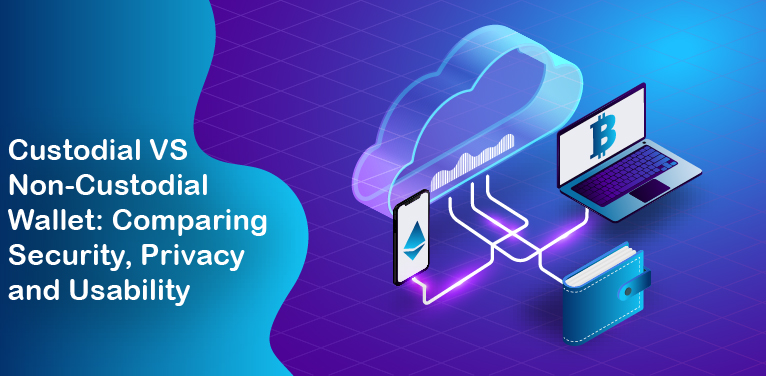When dealing with the cryptocurrency scene, there are two types of wallets to consider, a non-custodial wallet and a custodial wallet, where it revolves around the private ownership of your private keys. Both have their own pros and cons that we’ll discuss.
Custodial wallets
Custodial wallets are ones where you store your cryptocurrency, from Bitcoin to Ethereum and other crypto coins or tokens, within a wallet that you do not have access to the private keys or seed words, where they are only known to the crypto wallet provider.
Examples of custodial wallets would be ones created on centralized cryptocurrency exchanges (CEX) like Binance or Kucoin.
non-custodial wallets
Non-custodial wallets are the opposite, a type of wallet where the funds that you store within it are truly yours because nobody, aside from you, has access to your private keys or seed phrase.
WH Cypher, a multi-asset multi-signature wallet, Guarda, a multi-cryptocurrency wallet, and Blue wallet, a single-crypto wallet, are all non-custodial crypto wallets that generate for you wallets where you have full control over your crypto and have access to your funds at any time because only you hold the generated mnemonic phrase that would allow you to execute on outgoing transactions.
Custodial vs non-custodial wallets: Pros & Cons
When comparing the two types of wallets, the main points of difference would be security, privacy, and ease of use in certain scenarios for custodial wallets and non-custodial wallets.
Security
If you want to secure your funds from getting stolen, or not lose access to your cryptocurrencies, then non-custodial wallets are the way to go, where if you’ve backed up your seed phrase properly, and have your hot wallet on a safe device, then you wouldn’t have to worry about those concerns as much. The risk of your funds getting stolen or losing access to them would exponentially increase if they were on custodial wallets, as others have access to your private keys.
Privacy
Considering that when you made your custodial wallet, most likely on a centralized exchange, you’ve given them information about yourself, like your IP address, email, and so on, that they’d be able to connect all of your transaction to, but if you are using a non-custodial wallet, and have taken good privacy measures like using VPNs at times, then you’ll have a much more private and pseudonymous experience as you transact with other people.
Ease of use
In terms of trading one crypto asset with another, like BTC to ETH to some stablecoin like USDT or UST, you would have a seamless experience with these kinds of activities with custodial wallets that are on centralized exchanges, where it’s hard to do fast exchanges elsewhere using a non-custodial wallet.
But that’s slowly changing over time as decentralized exchanges like WhalesHeaven are emerging and improving. Future technologies being currently developed would help with increasing the user’s experience with trades through decentralized means on non-custodial wallets.
